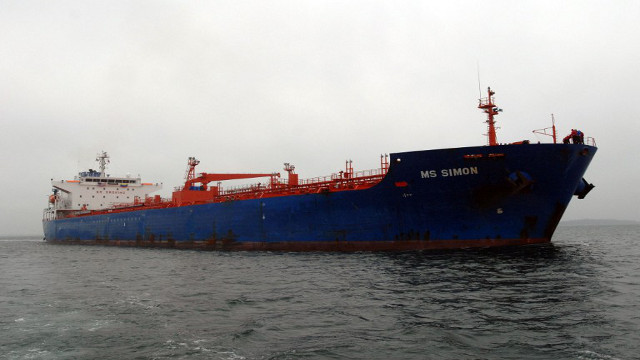SUMMARY
This is AI generated summarization, which may have errors. For context, always refer to the full article.

CARACAS, Venezuela – Woe is Venezuela, sitting atop the world’s largest oil reserves. Production is down and its top customer, the United States, is buying less.
So here comes China to the rescue, among others, as Venezuela seeks to diversify its markets.
Under the late Hugo Chavez, Washington and Caracas had a difficult diplomatic relationship, and they have had no ambassadors in each other’s capital since 2010.
But oil makes the world go round and a buck is a buck, so pragmatism prevailed. The US remained the main destination for Venezuelan oil.
But those exports have dropped, from 1.38 million barrels in 2007 to 906,000 in 2012, according to figures from the US Energy Department.
That poses a problem for Venezuela.
The United States pays cash, unlike countries of the Caribbean and South America which import Venezuelan crude under preferential terms or even trade oil for services like doctors and teachers, said analyst Diego Gonzalez.
The US is importing less from Venezuela because it wants to diversify its vendor portfolio, said Rafael Quiroz, former director of the state oil company PDVSA.
In 2012, Venezuelan exports to the US dropped 11% to $37.4 billion, amid higher prices for Venezuelan crude and derivatives, according to Venamcham, the Venezuelan-American Chamber of Commerce.
The United States is seeking energy efficiency in consumption and has promoted investment and technology in non-conventional oil fields.
It will achieve energy independence in around 2020, when it will be the world’s top oil producer, says the International Energy Agency (IEA).
“It is not easy to substitute a client like the United States for any old client,” said Gonzalez, president of the Center of Energy Orientation.
What is harder is to have Venezuelan crude keep going to Venezuelan Citgo refineries in the US, as they do not exist in other countries. “That is hard to transfer,” said Gonzalez.
Then there’s China, with its booming energy demand. Venezuela has developed serious economic and political cooperation with the Asian giant.
Since 2008 exports of oil to China have doubled to 640,000 barrels a day. Of that, 264,000 are to pay off loans totaling $30 billion that Beijing made to Caracas in recent years.
The IEA, the energy branch of the OECD, laments that Chavez left his country’s oil industry in financial difficulty, with infrastructure in dire need of investment and future oil production in part mortgaged to China.
The agency said the volume and the quality of the crude sent to China vary from month to month and worry Beijing, which could delay payment if problems are not resolved or get worse under the new post-Chavez government.
Venezuela’s problems in satisfying its new and traditional markets stem from a lack of investment to boost production. It is stagnant at about 3 million barrels a day (mbd), Quiroz said, citing official figures.
OPEC puts it lower, at 2.3 mbd.
The government had planned to raise production to nearly 6 million in 2012, but that goal was changed to 2019.
Investment has been delayed to PVDSA and foreign joint ventures that operate as minority partners in the Orinoco Oil Belt, a deposit along the river of the same name in eastern Venezuela which is rich in heavy crude.
Analysts say PDVSA, which was the driving force of the Venezuelan government, was forced to finance Chavez’s popular social programs for the poor, to the detriment of investing in the oil industry.
Quiroz says the firm was distracted by activities that are not its core concern and “has no cash flow or financial availability to make investments.”
Foreign companies are also wary of laying out loads of money. They do not like PDVSA’s delays in payment and the control that the state-run company requires in its decision making with regard to planning and contracts.
“It is the biggest bottle neck: trust in the rules of the game.” said Pedro Luis Rodríguez, co-author of the book “Oil as a Tool of Progress.”
“And as it is a sector that requires hefty investments over the short term, but the returns come over the medium and long term, without that trust it is hard for investments to be made.” – Rappler.com
Add a comment
How does this make you feel?
There are no comments yet. Add your comment to start the conversation.